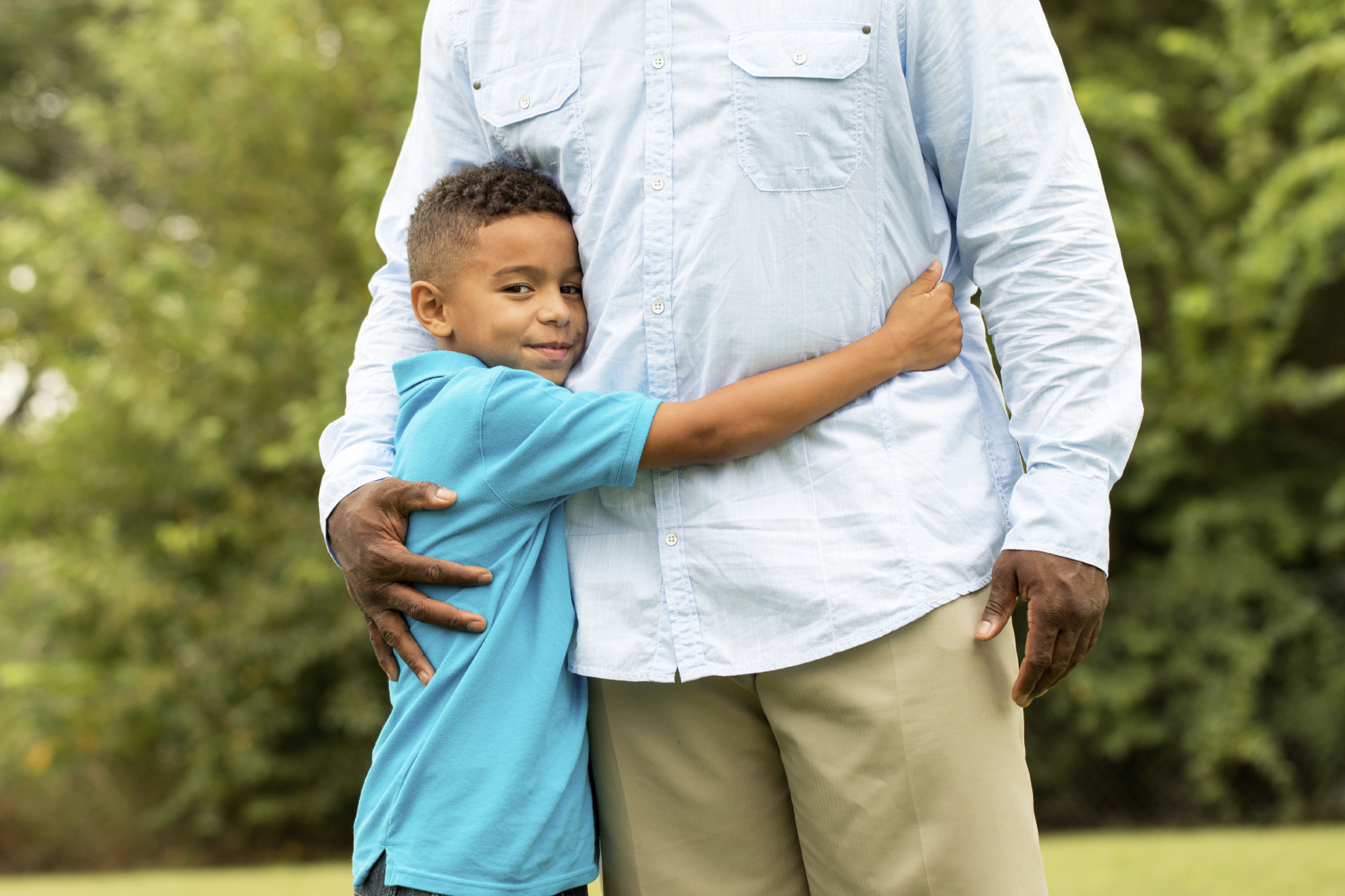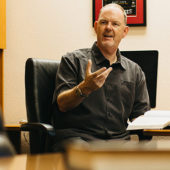Are you in the midst of preparing your children for life and need wise direction?
Steve and Annie Chapman have written several books including and , to encourage parents on how to lay a strong foundation for success in their children’s lives.
A lot of the conversations that parents need to have with their teenage sons and daughters must come long before the kids are old enough to notice boys and girls romantically. Advice from parents can influence a child and help shape them, if it’s given early.
Annie recalls some advice that she gave to her son when he was just a boy that has stuck with him his whole life:
“Nathan had a tendency to give his heart away…he would like a girl, and he was always immediately serious. He didn’t date; he got engaged and that kind of thing. I told him, ‘Nathan your heart’s like a sticker, and if you’ve ever put a sticker on a sweater and you take it off and then you keep putting it back on, eventually you lose your stick em’, and when you keep giving your heart away you’re going to lose your ability to remain true,’
…So this past year he wrote a song called ‘Sticking with You’ and he said he never forgot that example that I gave him, warning him not only ‘Don’t give your body away,’ but about not giving your heart away.”
There are other benefits that parents can hope for and expect their kids to gain by having “the talk” earlier on in their children’s lives.
Annie weighs in saying that the main goal and outcome of having “the talk” earlier rather than later is that it creates a foundation in the relationship that encourages kids to seek answers from their parent instead of from other sources.
“…you become their confidant. You become the one that has the information, and you’re the one that can tell them the truth. They’re not shying away from as though you don’t know. They [don’t] have to keep a secret from you.”
Sometimes having that conversation can seem scary to parents to bring up to their kids. They’re not sure where to start. Annie and her husband prepared the same way for each of their kids by listening to tapes on the topic together, then having one-on-one conversations with the children.
“Steve took Nathan to a Hawks-Bulls game in Atlanta. I took Heidi at the same age to the Opryland Hotel here in Nashville, and Steve had sent flowers to the room. I gave her a china doll that she would give to her daughter the first time she had the talk with her…”
Annie then told her daughter:
“This is not to discuss with your girlfriends. You have questions, you come to me. They don’t know anything, [but] I know everything and I will tell you anything you need to know, and anything you’re wanting to ask me. I’ll be honest with you and tell you.”
By creating safe environments for children to talk with their parent and ask questions, they learn that they can come to their parents with questions.
“We become their go-to person, that’s the purpose of doing this young. It’s so that you establish a relationship, a trusted relationship, and one that is based on fact and not just salacious soap opera stuff. It’s really the truth, and I think it’s very important.”
It’s not always an easy conversation to have, but parents have to be the one to tell their children about these things, before someone else does.






















